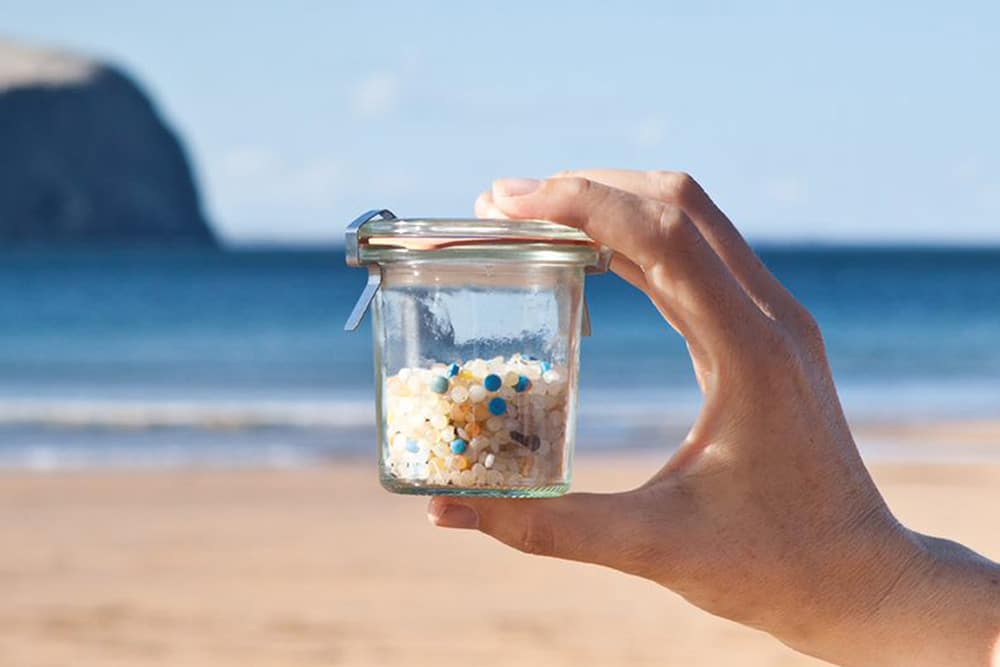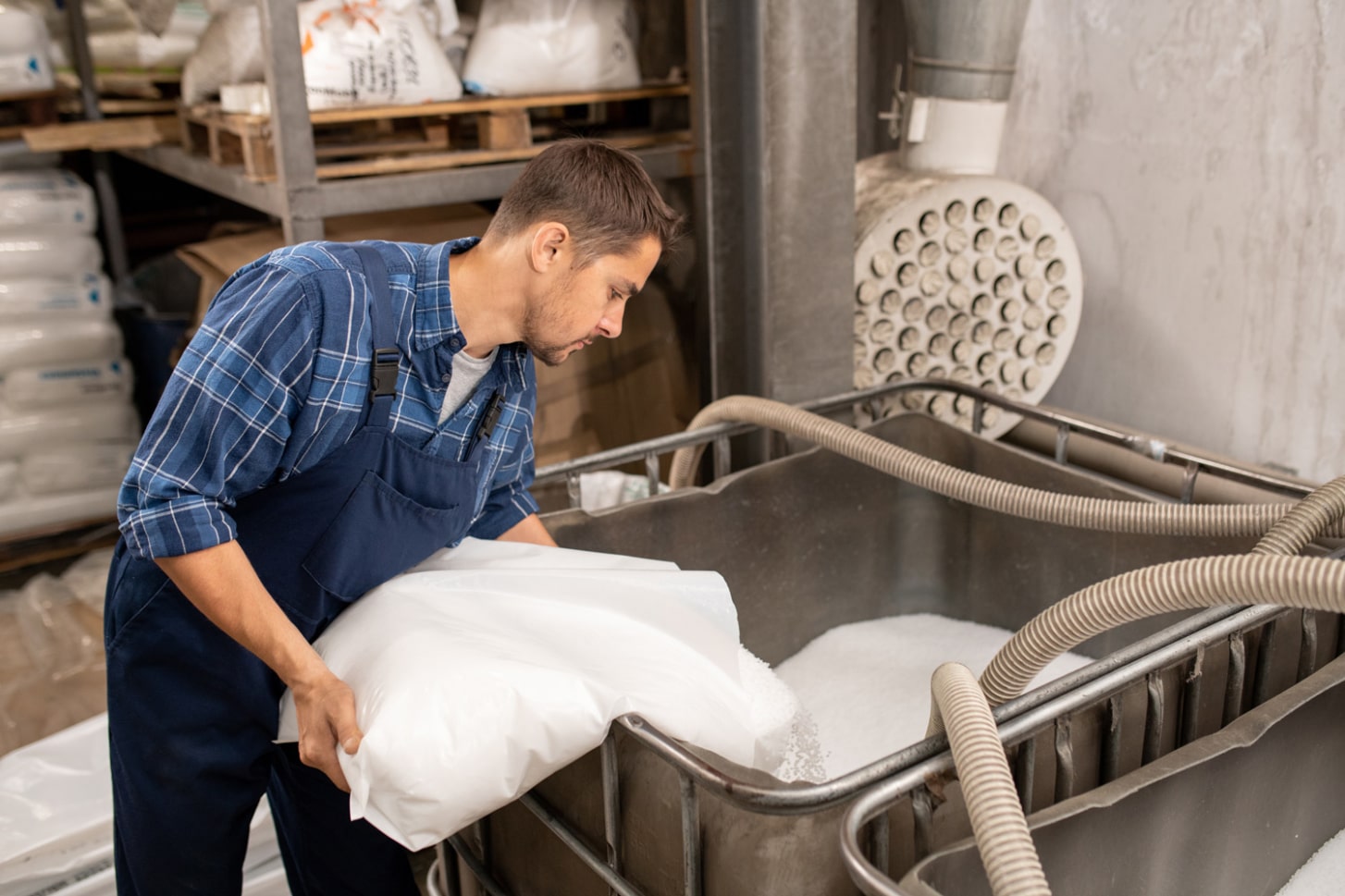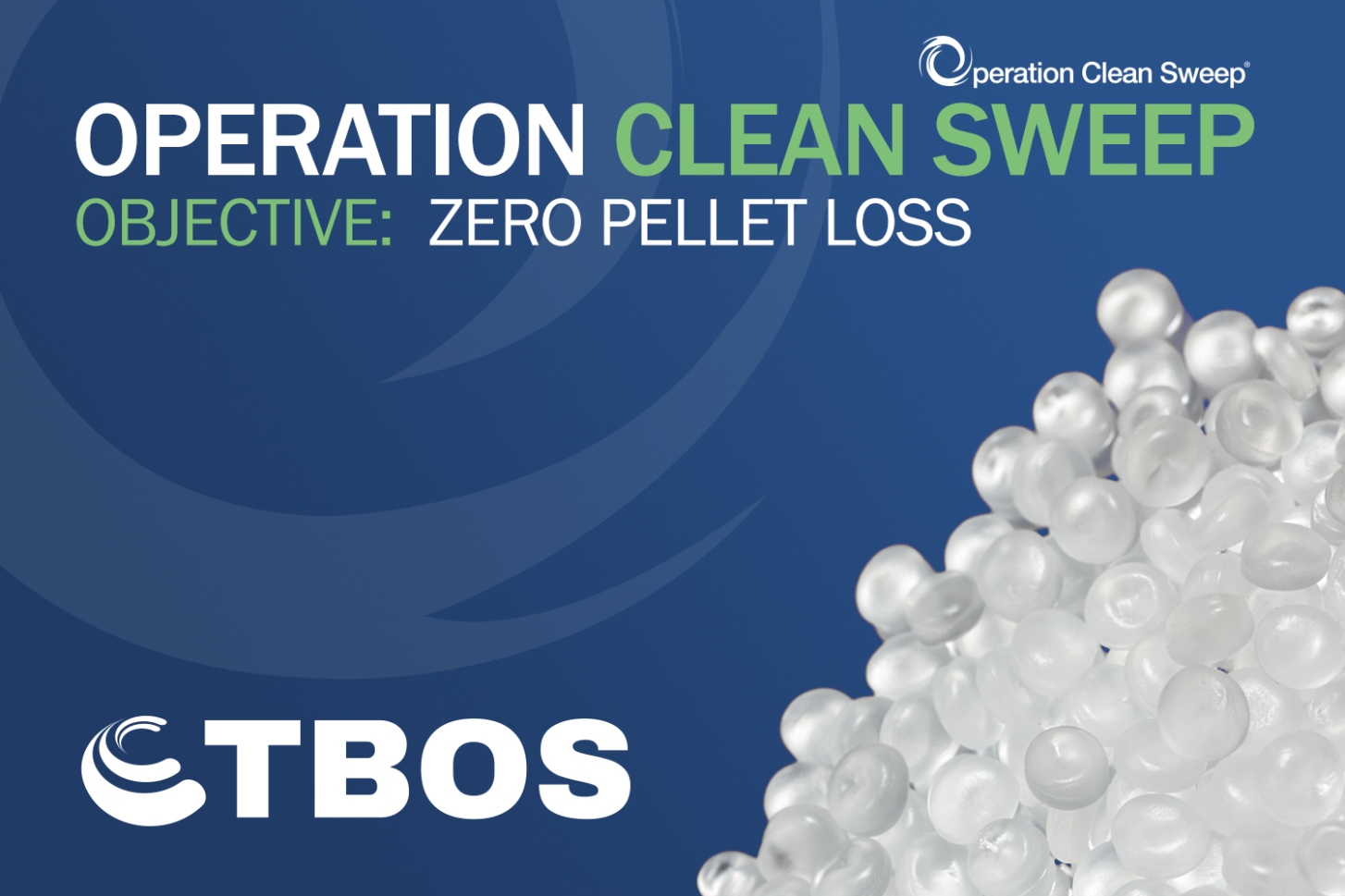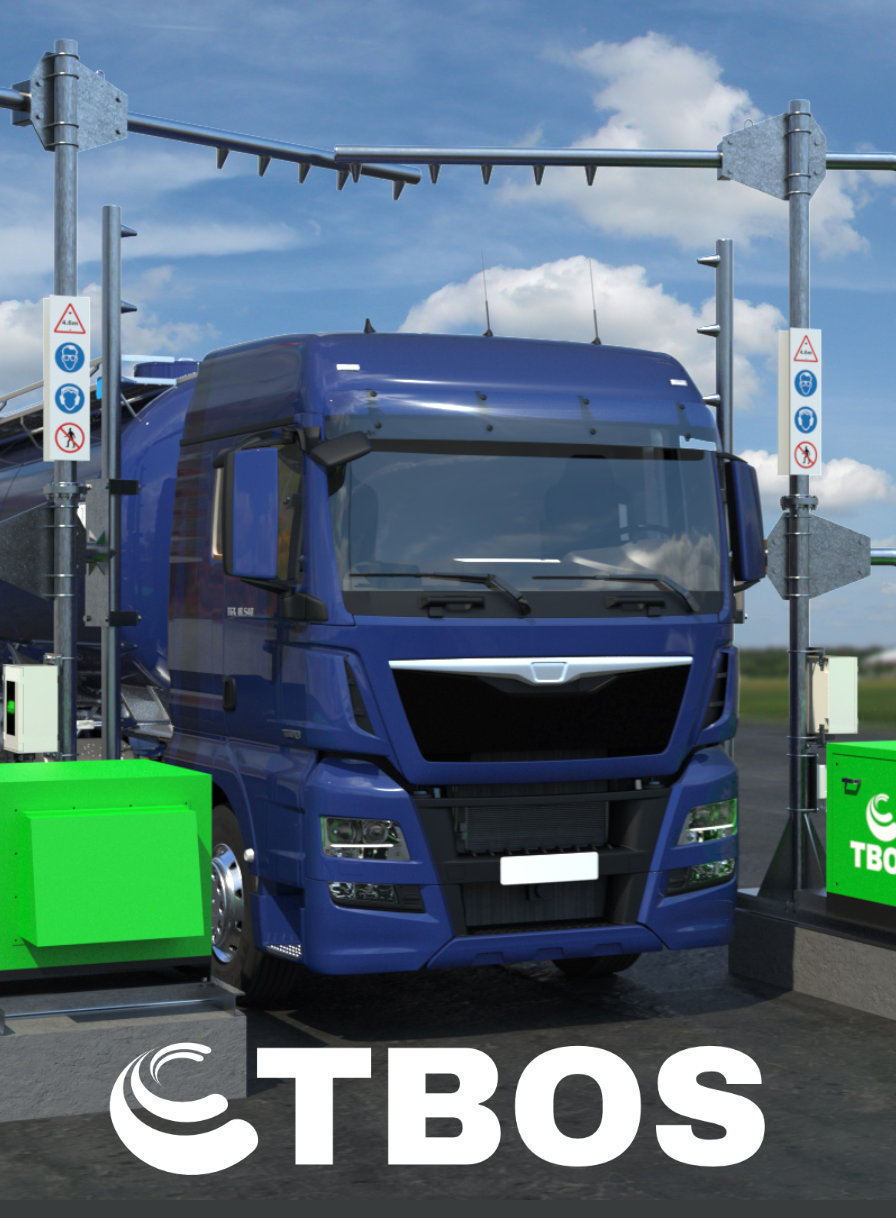
Nurdles. They sound harmless enough. But these tiny plastic pellets which are so vital in the manufacturing of all kinds of products have a downside which is seriously threatening the integrity of the world’s marine environments.
Every day, millions of nurdles are shipped around the country on trucks and tankers. Inevitably there are spillages. It only takes one bag being split by a fork lift or lack of care in handling.
If accidental spills are not dealt with properly, the result is that nurdles can be released into the environment and can end up in our rivers, seas and oceans. As well as causing long-term pollution, they can be ingested by a variety of sea creatures, causing digestive issues that could be fatal.

Nurdles (or pre-production plastic pellets, to give them their proper name) are tiny beads that are between 1 and 5mm in diameter. They can be made of polyethylene, polypropylene, polystyrene, polyvinyl chloride and other plastics. As the main raw material of all plastic products, they’re transported in bulk to production sites, where they’re incorporated into the manufacturing process via melting, moulding or extrusion.
Pellet spills can occur at any point in the production process, but they’re less controllable when they occur in the transport and logistics chain. Nurdles are manufactured in special industrial sites and are stored in large silos. For transport purposes they’re either loaded loose into tankers or packed and loaded onto trucks.

Clean-up and removal of loose nurdles in the transport chain is vital in protecting the environment. A 2016 study by Eunomia estimated that up to 53 billion plastic pellets are lost to the UK environment each year. That’s the equivalent of 35 full tanker loads.
Once in a marine environment, nurdles soak up pollutants and become toxic. They never disappear from the ocean completely, but just get smaller and smaller. Marine animals and seabirds mistake nurdles for edible substances, allowing them to enter the food chain.
Plastics contain a cocktail of chemicals, including contaminants from fossil fuels or recycled products, as well as additives that make them colourful and malleable such as dyes, phthalates and plasticisers. In plastic packaging alone there can be thousands of additives used, as well as four to six non-intentionally incorporated substances for every additive.

Operation Clean Sweep® (OCS) is an industry-driven scheme supported by the British Plastics Federation. OCS enables companies to pledge their commitment to zero pellet loss and provides best-practice guidance to help plastics industry operations and transport managers to reduce the accidental loss of pellets into the environment.
If you’re involved in vehicle logistics to transport nurdles, there’s a simple way to ensure you’re fulfilling your environmental responsibilities, supporting OCS and achieving compliance with your legal obligations. All you have to do is install SolvAir’s market-leading Truck Blow-Off System (TBOS).
TBOS is a unique solution for plastic pellet removal and pellet cleaning for trucks and tankers which effectively deals with 90+% of loose nurdles, emitting a powerful airstream in excess of 700 KPH and using specially designed nozzles to target all areas of the vehicle where plastic pellet spillages can accumulate.
It’s easy and cost-effective to install, with minimal operational or logistical disruption. It’s also fully automated, so the cleaning process is automatically triggered by the arrival of a truck or tanker and the system can operate 24 hours a day without human intervention.
To find out more about the TBOS plastic pellet removal system, call SolvAir on +44(0)1473 320307 or contact us.